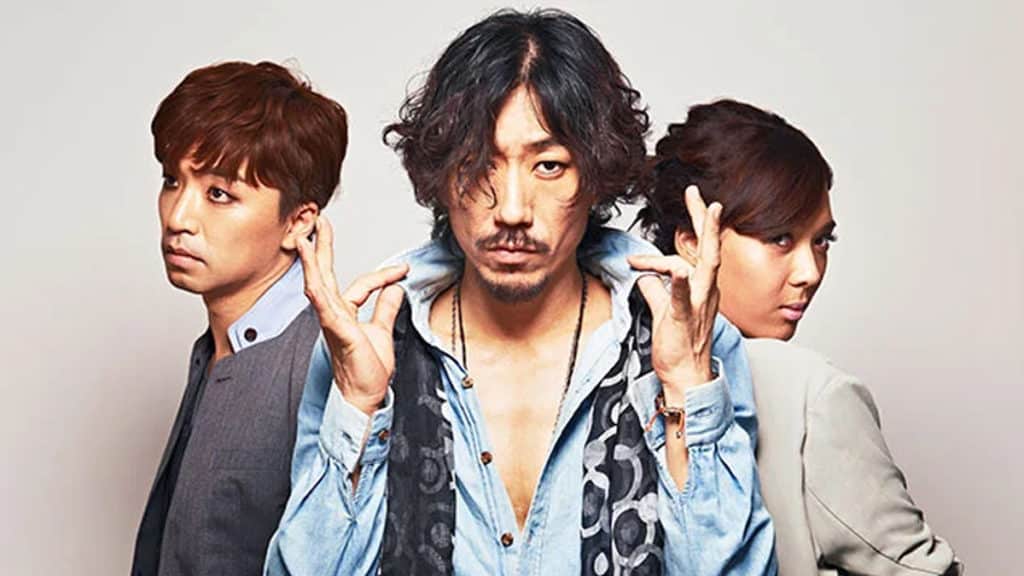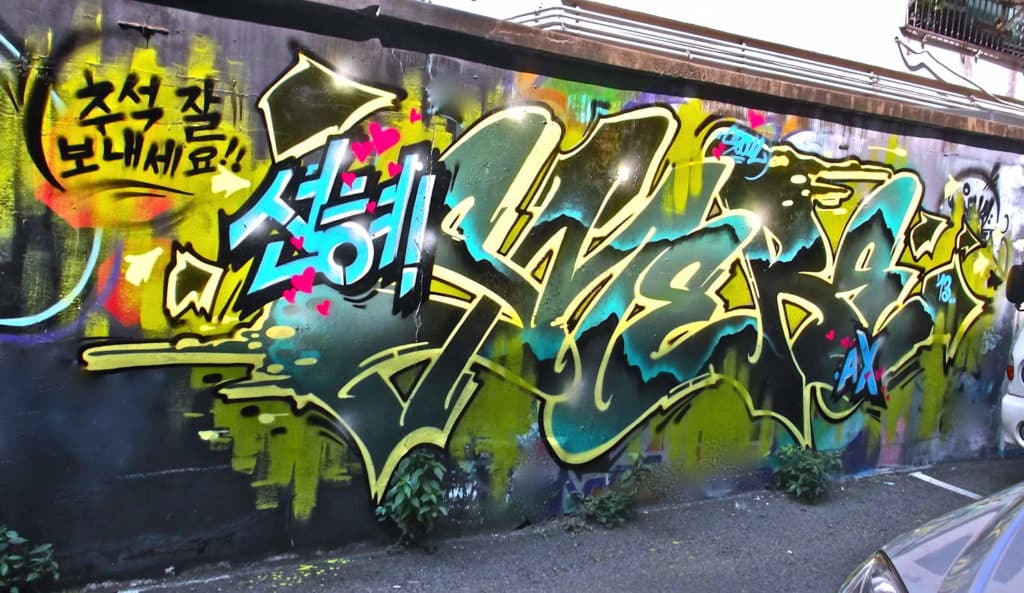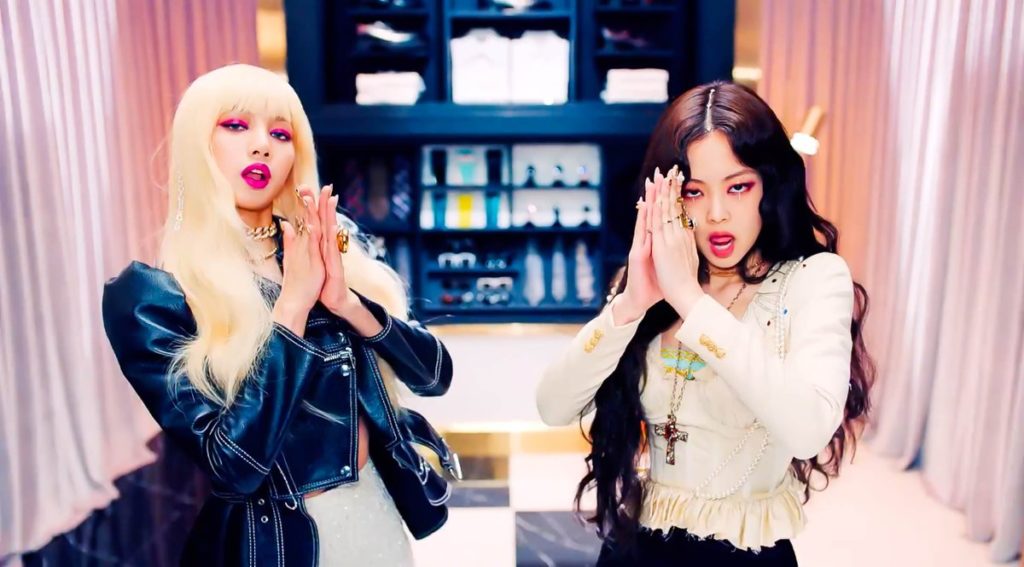So, K-Pop has taken over your heart: Now what’s left to explore? While browsing Korean music on YouTube or Spotify, you may have spotted another genre that goes by the acronym of KHH…
In this handy guide, we’ll explain everything you need to know about what KHH is and how it relates to K-Pop.
KHH meaning in K-Pop
In a nutshell: KHH stands for Korean Hip Hop: a genre of Korean music that takes its influences from both K-Pop and international hip hop. Keep reading to find out how KHH began, who some of the most popular KHH artists are, and the differences and similarities between Korean hip hop and K-Pop.
The history of KHH
Korean hip hop first began to gain traction in the mid-to-late 1980s, around 40 years ago. Some of the genre’s early influences include Seo Taiji and Boys and Deux: two first-generation K-Pop groups who began to introduce hip hop sounds to their music.
Growing slowly with the public throughout the decades, KHH also developed a fast-rising underground scene in the mid 1990s. It was at this time that Korean-language rap also became more popular, with rappers performing in live hip hop clubs and releasing their music online.
According to Korean music experts, KHH really got a solid foothold in the industry when now-renowned artist Drunken Tiger released their first full-length album, Year of the Tiger, in 1999.

Fast forward to today, and KHH is one of the biggest Korean music genres — both locally and internationally.
Who influenced KHH?
As you likely already know, hip hop as a genre didn’t originate in Korea. Instead, the earliest influences of hip hop in the country began when the Korean public was introduced to Run-DMC. The African-American hip hop group, considered one of the most influential acts of the genre, hit the western music sphere in 1983, and it only took a few years before they gained recognition in Korea too.
Naturally, even as KHH spiraled into a genre of its own, artists have continued to draw inspiration from African-, Caribbean-, and Latino-American hip hop and rap music.
Who were the original KHH artists?
Active in the 90s, some of the original Korean hip hop acts who pioneered the genre include:
- SOLID
- Jinusean
- DJ DOC
- Drunken Tiger
- People Crew
- 1TYM
- JP (Kim Jinpyo)
- UPT (Uptown)
- Cho PD

These acts gave way to artists like LEESSANG, Epik High, and Dynamicduo in the 2000s.
KHH vs. K-Pop
What’s the difference between KHH and K-Pop
As with western pop and hip hop, there are clear distinctions between K-Pop and KHH.
Korean hip hop characteristics
Korean hip hop is typically characterized by the use of rap or rap-like singing, though there are KHH songs with no rap. In both cases, there’s often a focus on the artist’s ‘flow’ — the way their words sound together and the rhymes or rhythms they create.
KHH songs also usually have steady, rhythmic, drum-based beats, kept simple to highlight the artist’s lyrics. These lyrics often explore real-life themes such as poverty, hard work, love, and more.
Plus, Korean hip hop is also part of its own subculture, which encompasses b-boy dancing, DJing and turntabling, graffiti, street fashion, and more. While many big KHH artists are signed to major labels, many smaller artists are independent musicians.

K-Pop characteristics
K-Pop, on the other hand, is intrinsically connected to the Korean pop industry as a whole — the trainee and idol system, audiovisual content, choreography routines, and more. This is the main element that separates K-Pop from KHH, other than the music itself.
K-Pop has numerous musical influences, from pop to R&B to jazz to reggae (and even hip hop), so it’s impossible to pin the genre down to one sound. In fact, many argue that K-Pop shouldn’t be considered a genre at all, but rather a collection of genres.
Does KHH overlap with K-Pop?
While these two genres are distinct, they also overlap in many ways. Several K-Pop groups have a signature sound that has hip hop at its core, including:
- BIGBANG
- BLACKPINK
- Block B
- BTS

This should come as no surprise, given that first-generation K-Pop groups like Seo Taiji and Boys were major early influences on Korean hip hop’s development.
Many more K-Pop groups have incorporated KHH elements into the music, including ITZY, (G)I-DLE, and Stray Kids. Plus, almost every K-Pop group has one or more designated rappers. While the rap style in K-Pop is typically quite different to KHH rap, there are definitely similarities and shared influences between the two.
Is KHH as popular as K-Pop?
Naturally, the answer to this question depends on how you define popularity. In Korea, KHH acts regularly top the charts, scoring Perfect All-Kills and achieving great longevity. There are several popular Korean hip hop acts who are widely known among the general public, including Epik High, ZICO, Zion.T, and more.

Internationally, however, K-Pop certainly has more recognition. KHH shows like Show Me the Money and High School Rapper have done a lot to spread Korean hip hop as part of the Hallyu Wave, but the genre is generally less promoted overseas than K-Pop is.
How do you say KHH in Korean?
In its native language, Korean hip hop is known as ‘한국 힙합’, pronounced ‘hanguk hip-hap’. ‘한국’ (hanguk) is the Korean word for ‘Korea’, while ‘힙합’ (hiphap) is the Korean phonetic translation of ‘hip hop’.
Just as we use KHH as an acronym for Korean hip hop, the genre is also referred to as ‘국힙’ (gukhip) for short in Korea.
Conclusion
Now you know: KHH, or Korean hip hop, is a genre of Korean music that takes its influence from American hip hop as well as K-Pop. There have been numerous popular KHH acts over the years, from Jinusean to Epik High, and some K-Pop groups even take strong influence from Korean hip hop.







